Mice Exclusion & Prevention Program
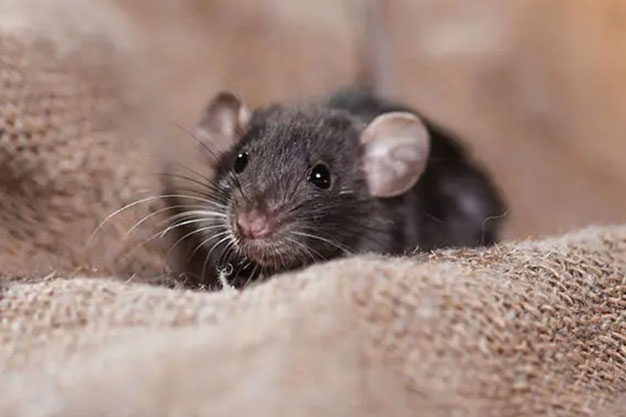
Mice infestations can quickly become a serious problem for homeowners and businesses. These small rodents can squeeze into openings as small as a quarter-inch, leading to property damage, food contamination, and health risks. Michigan Bat Expert offers a specialized Mice Exclusion Program designed to permanently keep mice out of your property using safe, effective, and humane techniques.
EXCELLENTTrustindex verifies that the original source of the review is Google. Fast and responsive!Trustindex verifies that the original source of the review is Google. We used Michigan Bat Expert for skunk removal. Britney was very helpful on the phone to give me options and schedule. The tech that arrived to pick up our pre-trapped skunk was very friendly and knew exactly what to do. We will be telling everyone in our subdivision about them! Great customer service, reasonably priced and you feel good knowing the little critters are being relocated to new land.Trustindex verifies that the original source of the review is Google. Excellent Service and very friendly staff Quick response Highly recommendTrustindex verifies that the original source of the review is Google. This is such a great service. I love the fact that the take the animals and release them instead of euthanizing them. The team is awesome and very professional. I try trapping myself but they know all the right things to do. I recommend Michigan bet expert to anyone that has a problem with raccoons they know their stuff?Trustindex verifies that the original source of the review is Google. Did a good job explaining options and issues. Completed work quickly and did a visual inspection with me. Explained their job garuatee. Easy to work with and were very efficient.Trustindex verifies that the original source of the review is Google. Professional and prompt. Answered all my questions and explained everything they did thoroughly.Trustindex verifies that the original source of the review is Google. Great service as always, and reasonable pricesTrustindex verifies that the original source of the review is Google. A great company I found them on google, great service. I will always have them do service for me as long as they’re in business.
Why Mice Are a Problem in Michigan
Michigan’s cold winters drive mice indoors in search of food, warmth, and shelter. Once inside, they breed rapidly, causing extensive damage and posing health risks.
Common Issues Caused by Mice:
Chewing electrical wires, creating a serious fire hazard.
Contaminating food and surfaces with droppings and urine, spreading diseases like Hantavirus and Salmonella.
Structural damage from gnawing on wood, insulation, and drywall.
Attracting other pests such as mites, fleas, and snakes.
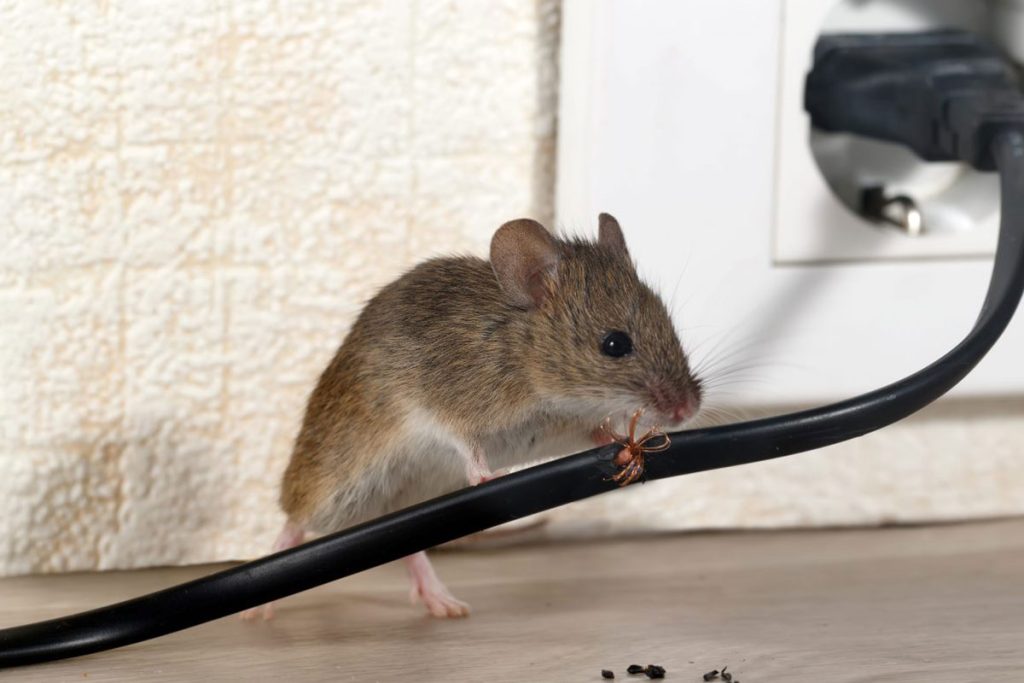
Signs You Have a Mice Problem
You may have a mouse problem if you notice:
Droppings in cupboards, along baseboards, or near food sources.
Scratching noises inside walls or ceilings, especially at night.
Gnawed food packaging or damaged insulation.
Small burrows or nesting materials hidden in attics, basements, or crawl spaces.
If you suspect mice are invading your home, early intervention is crucial to prevent a full-blown infestation.

Protect Your Home Before It's Too Late
If you’re experiencing a mouse problem, Michigan Bat Expert provides expert mice exclusion, prevention, and cleanup services to ensure your home stays rodent-free for good.
Call us at (248) 923-4762.
Frequently Asked Mouse Removal Questions in Michigan
1. How do I know if I have a mice infestation in my home?
Mice are nocturnal pests, so they are most active at night. Common signs of a mice infestation include scratching or scurrying noises in walls, ceilings, or attics, especially at night. You may also find small, pellet-shaped droppings near food storage areas, in cupboards, or along baseboards. Mice often leave gnaw marks on food packaging, furniture, and electrical wires. If you notice a musky odor, especially in enclosed areas like basements or crawl spaces, it may indicate a large mouse population. Identifying these signs early can help prevent a full-blown infestation.
2. Are mice dangerous to humans and pets?
Yes, mice pose serious health and property risks. They are known carriers of diseases such as Hantavirus, Salmonella, and Leptospirosis, which can spread through contact with their droppings, urine, or saliva. Mice also bring fleas, ticks, and mites into homes, increasing the risk of secondary infestations. Another major concern is their constant gnawing, which can damage electrical wiring and create a fire hazard. Pets may chase or eat mice, which can expose them to parasites and diseases. Professional mice removal ensures a safe, sanitary, and rodent-free home.
3. What attracts mice to homes in Michigan?
Mice enter homes searching for food, water, and shelter, especially during Michigan’s cold winters. They are attracted to accessible food sources, including crumbs, pet food, garbage, and improperly stored pantry items. Unsealed entry points, such as gaps around doors, cracks in foundations, and open vents, allow mice easy access to homes. Cluttered spaces, like attics, garages, and basements, provide ideal hiding and nesting spots. To prevent mice, it’s important to seal entry points, store food properly, and eliminate nesting areas.
4. How do professionals remove mice from homes?
Professional mice removal involves a comprehensive approach to eliminate current infestations and prevent future ones. The process starts with a detailed inspection to identify entry points, nesting sites, and food sources. Experts then use a combination of bait-free, humane traps and rodenticides to remove active mice populations. After removal, professionals seal entry points with steel mesh, caulking, or weather stripping to prevent reinfestation. Some services also include attic cleanup and sanitization to remove mouse droppings and reduce health risks.
5. Is it legal to trap and remove mice in Michigan?
Yes, it is legal to trap and remove mice in Michigan, as they are considered common pests rather than protected wildlife. Property owners are allowed to use snap traps, live traps, and bait stations to control mice populations. However, certain rodenticides are regulated to prevent harm to non-target animals. Professional pest control companies follow state and federal guidelines for safe, legal, and humane rodent removal. If you’re dealing with a severe infestation, hiring a licensed expert ensures proper handling and compliance with Michigan regulations.
6. How can I prevent mice from returning?
To prevent mice from returning, focus on exclusion, sanitation, and habitat modification. Start by sealing all small holes and gaps with steel wool, caulk, or metal flashing, as mice can squeeze through openings as small as ¼ inch. Keep food stored in airtight containers, clean up crumbs, and remove standing water sources. Decluttering storage areas and using tight-fitting lids on trash cans can also help. Routine inspections and seasonal pest control treatments can ensure long-term protection against mice infestations.
7. When are mice most active in Michigan?
Mice are active year-round, but infestations tend to increase in fall and winter when outdoor temperatures drop. During these months, mice seek warmth and shelter inside homes, attics, and basements. However, because mice reproduce rapidly—with a single female capable of having 60 offspring per year—infestations can develop at any time. Mice are most active at night, so homeowners often hear scratching, scurrying, or squeaking sounds in walls and ceilings when infestations are present.
8. How much does mice removal cost in Michigan?
The cost of professional mice removal in Michigan varies depending on the severity of the infestation, the size of the home, and the level of exclusion work needed. On average, homeowners can expect to pay between $150 and $600 for a complete mice removal service. More extensive infestations, requiring multiple visits, sealing entry points, and attic decontamination, can cost $800 or more. Many pest control companies offer inspection services to provide a customized estimate based on the specific needs of your property.
Our Services
Attic Restoration
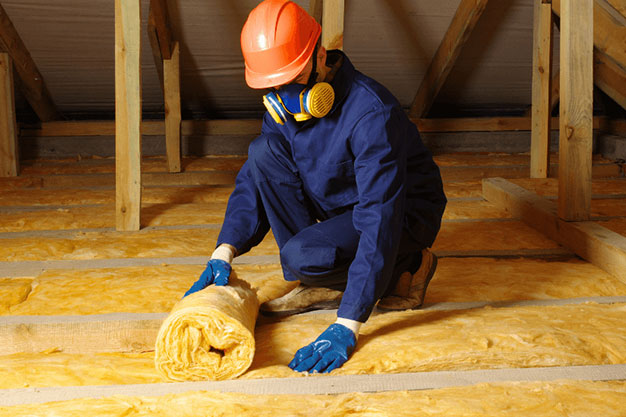
Live Bat Exclusion
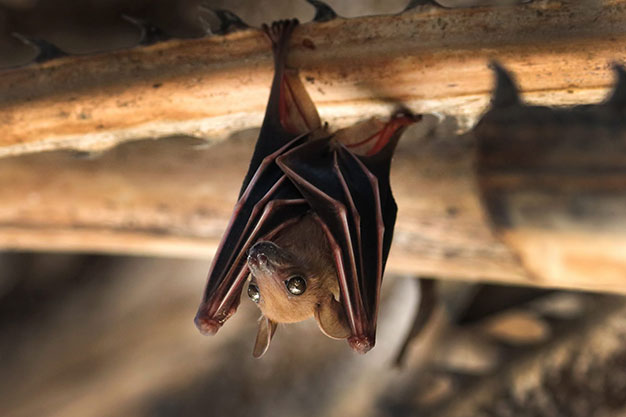
Spot Cleaning
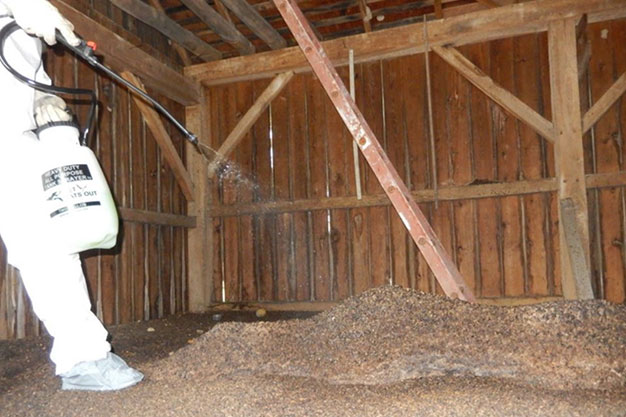
Wildlife Relocation

Mice Exclusion & Prevention

Snake Removal
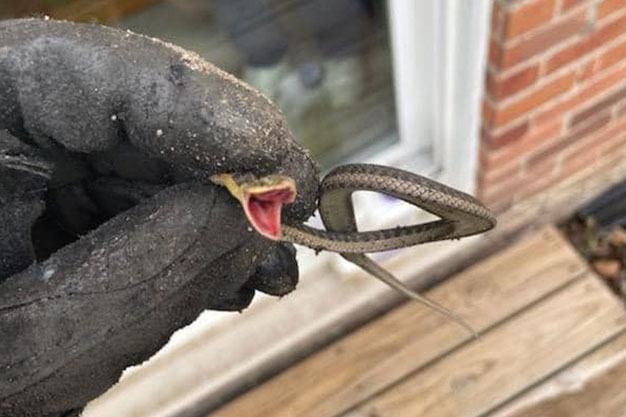
Dead Animal Removal
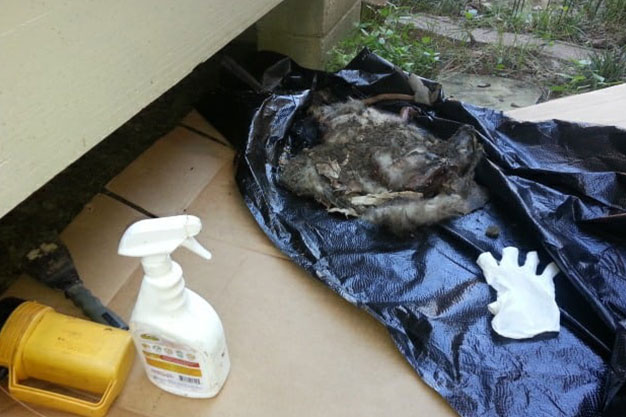
Trapping Strategy
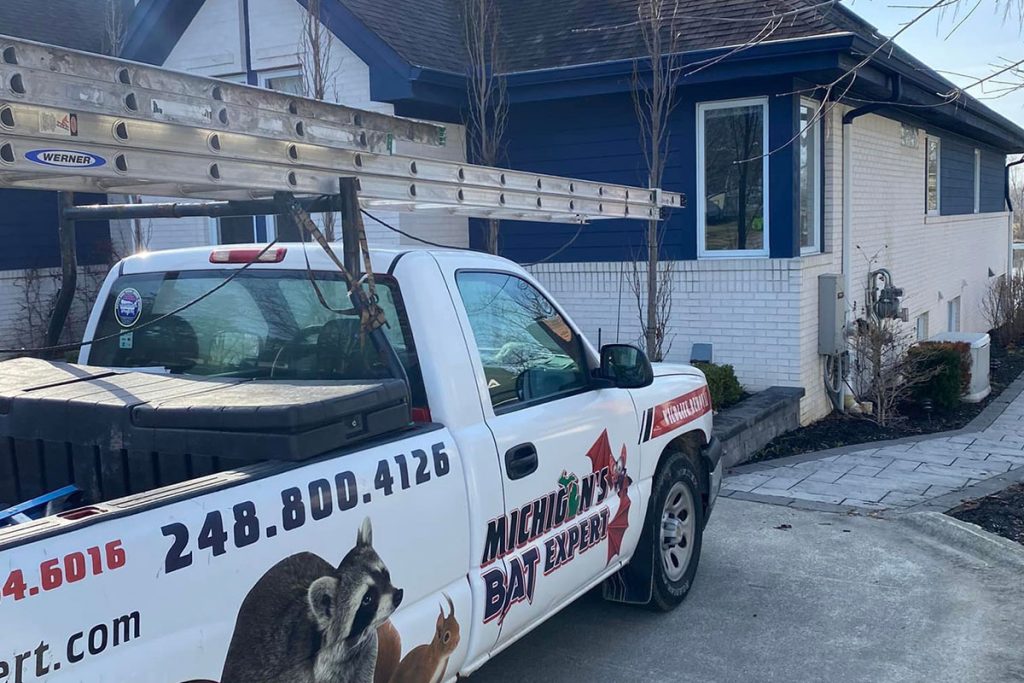
Common Wildlife We Trap & Relocate:
Michigan is home to a variety of wildlife species that can cause property damage or pose health risks. Our team safely removes:
Raccoons – Known for getting into attics, garages, and chimneys.
Squirrels – Often invade attics and walls, causing structural damage.
Skunks – Can burrow under homes and create strong odors.
Opossums – Frequently found under decks or sheds.
Groundhogs – Known for burrowing and causing damage to foundations.
Bats – It’s in our name. Bats are often found in attics and other warm places.
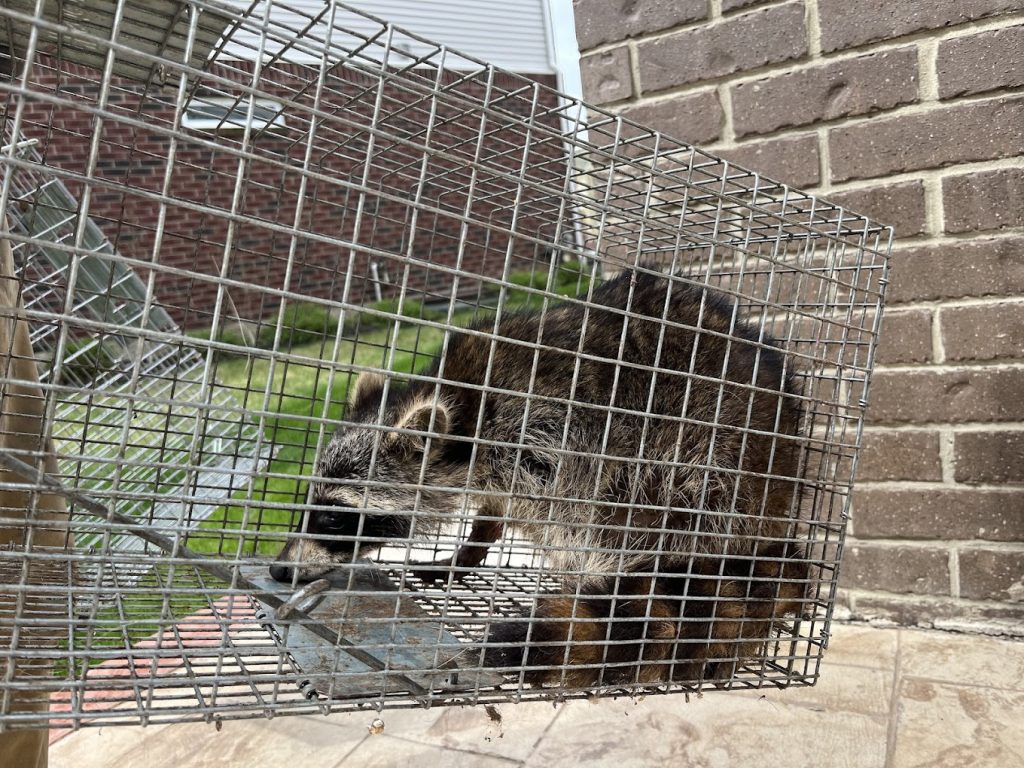
Raccoons are common all over Oakland County.
Just Some of Our Local Service Areas in Michigan:

Sam Sullivan
Sam Sullivan is the owner and lead expert at Michigan’s Bat Expert, specializing in humane bat removal and exclusion services based in Oakland County, Michigan. With years of hands-on experience in wildlife control, Sam has helped countless homeowners and businesses protect their properties from bat and wildlife infestations while adhering to Michigan’s strict wildlife laws.
His expertise lies in exclusion and prevention, ensuring that bats and wildlife are removed safely and never return. Sam is dedicated to ethical and effective solutions, using proven methods that prioritize both property protection and wildlife conservation. His commitment to excellence has made Michigan’s Bat Expert a trusted name in the industry.


